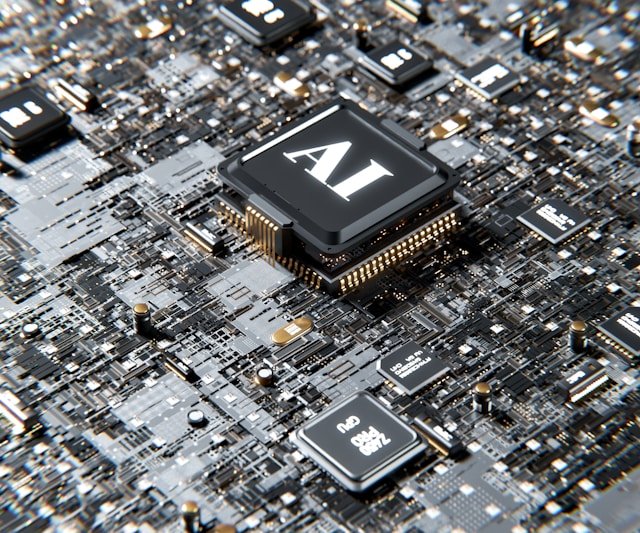An AI system reached a conclusion in 48 hours that took microbiologists a decade to uncover.
A groundbreaking artificial intelligence tool has stunned scientists by solving a decade-long microbiology mystery in just 48 hours. Professor José R Penadés and his team at Imperial College London had been painstakingly investigating how certain superbugs develop resistance to antibiotics. But when they posed the question to Google’s AI-powered “co-scientist,” the system cracked the case in record time—without any prior access to their unpublished findings.
The AI not only confirmed the team’s core hypothesis but also generated four additional potential explanations, one of which was entirely new to the researchers and is now under further investigation.
Professor Penadés recalled his astonishment upon receiving the AI’s response. “I was out shopping when I saw what it had done,” he told BBC Radio Four. “I had to take an hour to process it. My first thought was: ‘Does Google have access to my computer?’” However, Google confirmed it had not accessed any private data—the AI had simply made the correct deduction based on the prompt given.
The scientists had been studying how superbugs—dangerous bacteria that resist antibiotic treatments—gain their resistance. Their research suggested that superbugs form a tail-like structure from various viruses, allowing them to spread between species. Despite the fact that this hypothesis had never been published or shared, the AI reached the same conclusion almost instantly.
The implications of this breakthrough are profound. Had the team possessed this knowledge at the start of their research, they estimate it would have saved them years of work. Instead, they spent over a decade not only formulating the theory but also proving it through extensive laboratory research.
“This will change science, definitely,” said Professor Penadés. “It’s like playing in the Champions League—we’re finally seeing what AI can really do for research.”
The rise of AI in scientific research is controversial, with some fearing job losses and others embracing it as a revolutionary tool. Professor Penadés acknowledged these concerns but stressed that AI should be seen as a powerful ally rather than a replacement for human expertise. “It’s not about AI taking over—it’s about working with a tool that can push science forward at an unprecedented pace.”
With AI accelerating discoveries that once took years, the future of medical research may be on the brink of a radical transformation. Scientists now face a new question: how much faster can AI unlock the next medical breakthrough?
